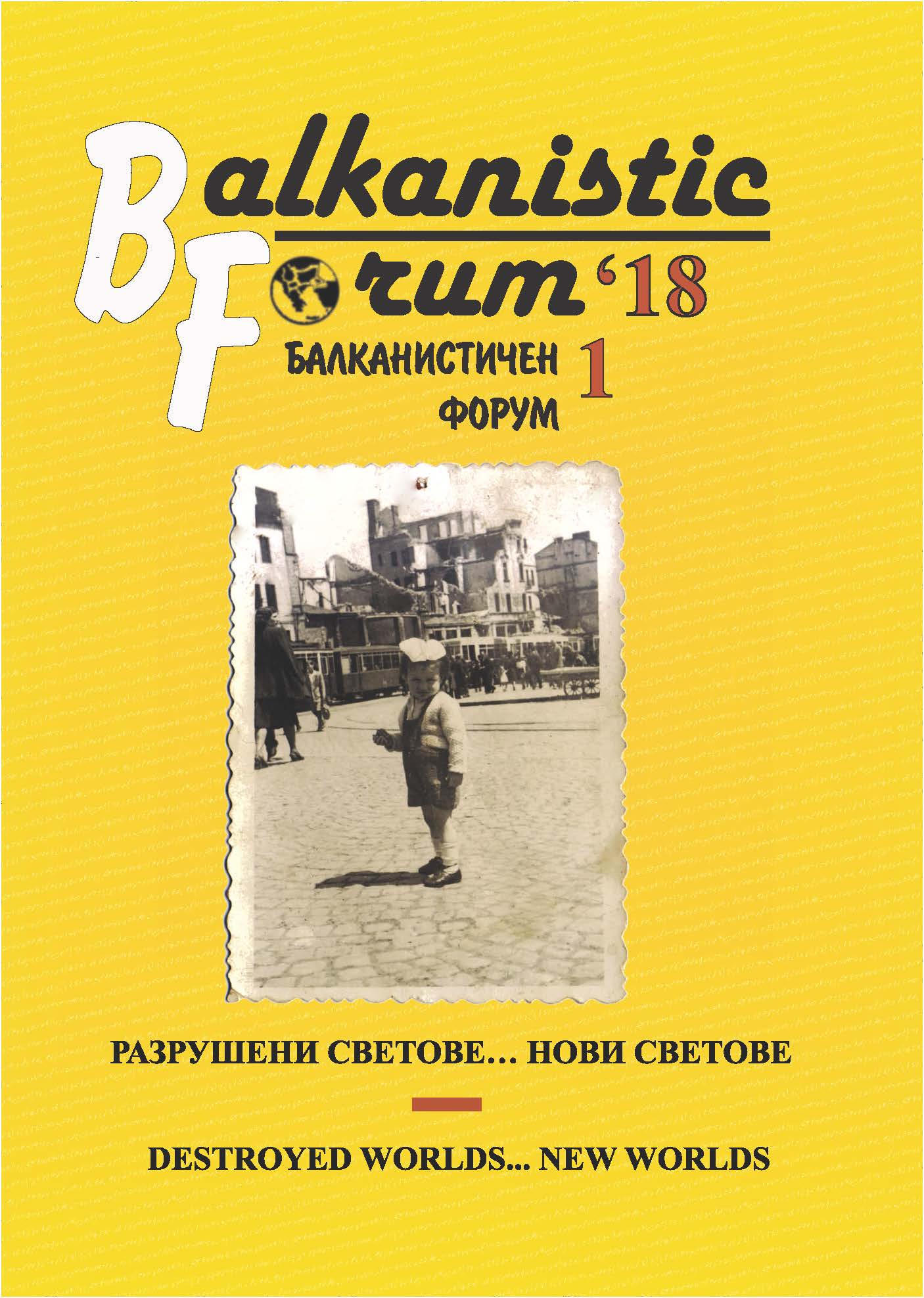Трансформацията на академичния елит след 1944 г.
„Чистката“ в Юридическия факултет на СУ „Св. Климент Охридски“
The Transformation of the Academic Elite after 1944. The Loyalty Purge
in the Law Faculty of the Sofia Univesity “St. Kliment Ohridski”
Author(s): Ana LulevaSubject(s): History, Political history
Published by: ЮГОЗАПАДЕН УНИВЕРСИТЕТ »НЕОФИТ РИЛСКИ«
Keywords: academic elite; transformation; loyalty purge in the University after WWII
Summary/Abstract: Immediately after seizing power on 9.09.1944, the Communist-dominated government of the Fatherland Front (FF) in Bulgaria launched a coherent policy for establishing control over all areas of public life. The new government undertook a number of repressive measures - so-called "purge" (unknown before Russian word – “chistka”) - in regard to teachers and University professors, announcing that it followed the program of the FF which provisioned clearing the state apparatus from "fascist elements". The "cleansing” of the teaching staff in higher education institutions was not a single act. Under the slogan for de-fascism, professors, declared as "fascists" and reactionaries, were sequentially removed and their place was taken by people loyal to the new government. This process continued over a decade in parallel to the changing composition of students (subject of class-party selection) and the change in the curriculum. As a result - the system of higher education and science had been transformed according to the Soviet model to become an instrument for achieving the big goal - the creation of new, loyal to the regime, intelligentsia. The article is based on a historical-anthropological research on the purge in the Law Faculty at the Sofia University. The substitution of the University elites was taking place by opposing one generation to another. In the decade of the purge fear, suspicion, distrust and spying were cultivated at the University; tempted by the possibility of an academic career were those who were willing to cooperate with the new government in the carrying out of the "revolutionary transformation." Thus the Law Faculty of the Sofia University was modified from a "nest of fascists" to become a faculty for modeling future party and state elite, loyal to the Party. So it is hardly surprising that even in the years of late socialism and “perestroika” the freethinking and dissent were seen as a sign of deviation and rarely occurred.
Journal: Балканистичен Форум
- Issue Year: 2018
- Issue No: 1
- Page Range: 29-52
- Page Count: 24
- Language: Bulgarian
- Content File-PDF

